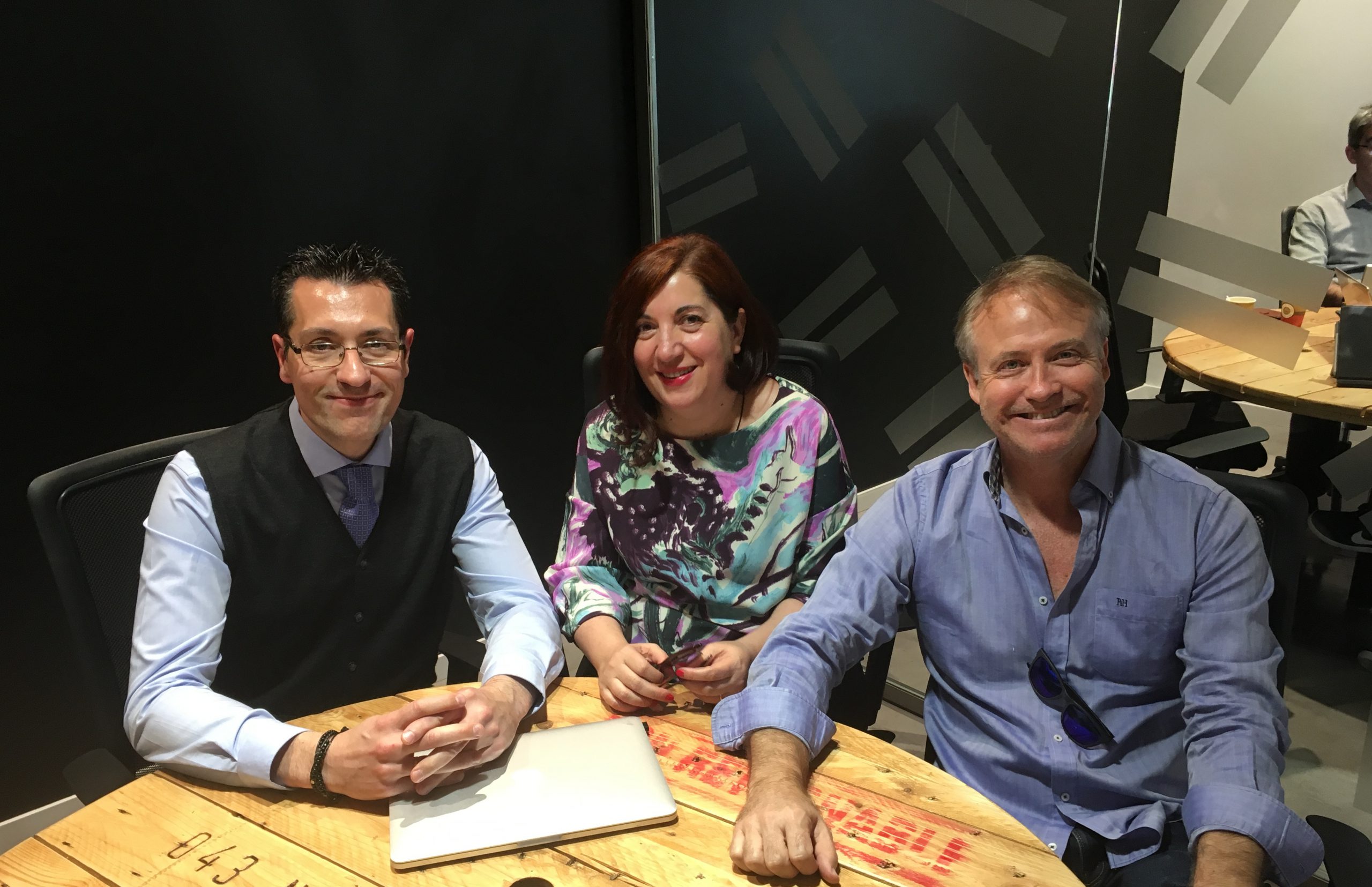From University Rome Tor Vergata –> To Autonomous University of Madrid
In 2016 countries have pledged to ‘ensure inclusive and equitable quality education and lifelonglearning for all’ as one of the Sustainable Development Goals that will guide international development through 2030, but there still are several outstanding challenges that needs to be addressed.
IMAL (‘Inclusive Mobile Assisted Learning’) will focus on two of these main challenges:
- lowering dropping out of the university, a problem that has serious consequences not only for the individual student, but also for the institution and the society as a whole.
- supporting vulnerable and disadvantaged groups of students which have difficulties or are unable to attend lectures on-campus or to use the traditional methods of study, mainly: persons with disabilities and DSA, persons who have serious illness and/or need hospitalization, worker students, students with family commitments (specially, pregnant women and mothers with dependent infants), students who live in remote areas and/or areas that have been affected by natural disasters, foreign students (particularly refugees and other displaced people), and persons who are detained or in prison.
Mobile-assisted learning, due to the “growing power, affordability and ubiquity [of mobile technology], offers a new tool to confront these challenges” (UNESCO, 2016). It means not only mobility of learners and teachers, but also the opportunity to overcome barriers and constraints and to enable access to learner communities and digital learning resources anytime and anywhere with only a smartphone or any other mobile device. The aim of the IMAL project is to create collaborative, affective, intelligent and social-sensitive mobile-assisted learning environments and systems which enable inclusive and social lifelong and lifewide education. IMAL is meant to create also collective knowledge and skill spaces where stakeholders can share ideas and where best practices can be transformed into innovative products.
Building on the lessons learned thanks to the Yerun Researcher Mobility Award 2018, IMAL first phase will focus on the design and implementation of affective and social-sensitive intelligent diagnostic assessments and tutoring systems to measure specific variables related to vulnerable and disadvantaged groups and dropout rates in the fields of second language learning, linguistics applied to translation, and specialized translation. If requested, IMAL could be easily scaled-up to meet the needs of other groups of students, degrees or pedagogical contexts.
María Lozano was awarded one of the 26 Research Mobility Awards of the 1st call for applications that YERUN offered in 2018.










